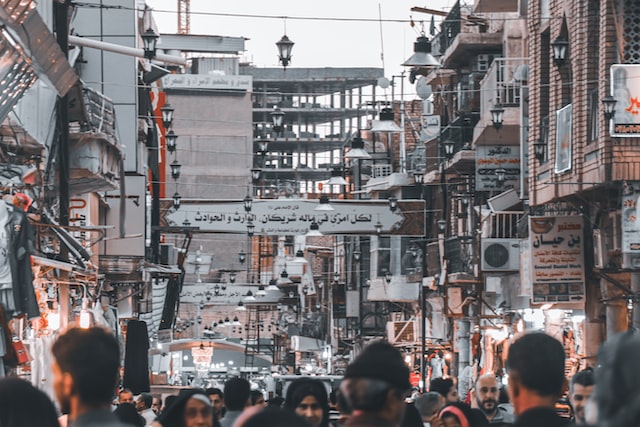20 years on from war, a ground view of ‘Iraq’s first free and fair election’

Twenty years after the Iraq war, much of the anniversary analysis doesn’t linger on the nullity that was the country’s 2005 election. I was there for that election, billed as “Iraq’s first free and fair” tryst with the ballot. It was meant to elect post-war, post-Saddam Iraq’s new National Assembly and herald a brave new beginning. On the same day as the national election, January 30, voters also picked members of the country’s 41 provincial councils.
Embedded with the British Army, mainly in southern Iraq, I remember election day rather well. Along with another journalist, James Astill of The Economist, and a half-platoon of British soldiers, I was holed up in a police station in a small Iraqi town.
We had to argue rather hard with our army minders to be able to go out of the police station on our own. Ultimately, it was a more senior officer who allowed us to briefly leave, so long as we signed off on the army bearing any responsibility for our fate, while out of their tender care.
There was further argument when we refused to wear bulletproof vests outside the police station. It was not that we were especially brave, we just felt repulsed at the thought that ordinary Iraqis might see us as soldiers rather than journalists. We weren’t carrying guns so we didn’t want to look like combatants and an active part of the occupying force. The compromise deal worked out was that soldiers would be a safe distance away, just to keep an eye on us.
Anyway, so we went and took a look at some voting centres, tried to gauge enthusiasm and the actual process of casting a ballot – was it accessible, orderly and reasonably efficient? Were Iraqis excited about the whole thing?
Those lining up to vote didn’t seem exuberant but they weren’t cast down either. At that point, post-Saddam Iraq may still have hoped that some good would come of the unprovoked invasion of the country and the shocking and awing of US troops’ way to Baghdad in a scant few days.
Sadly, they would be proved wrong and that initial glimmer of optimism we saw that election day would fade as the system was hacked to pieces, with nothing instituted to replace it.
Also read:

